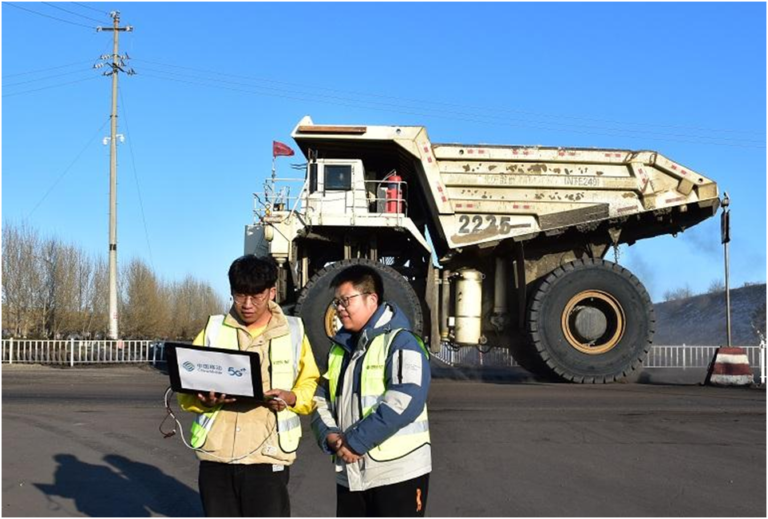
By Kang Pu
Thanks to the employment of digital technologies, work efficiency atthe Qingdong 5 offshoreoil production platform of Sinopec Shengli Oilfield in east China has been significantly improved.
The oil production platform with 14 workers and 35 oil wells is able toproduce about 230 tons of crude oil a day.
With the help of 12 high-definition dome cameras, workers can easily monitor the entire oil platform through a large screen—even the screws on oil wells can be clearly seen. Meanwhile, computer beside the screen can provide the real-time data about various factors of oil wells, including wellhead pressure, temperature, oil production as well as electricity consumption.
In the past, such data were manually collected, during which workers had to run back and forthcarryingthermometerand pressure gage to record the readings. Nowthey are able to get various indexes with a click of the mouse.
With real-time data displayed on the computer, workers can know whether there are pump leaks, lack of liquid feeds and other problems and keep track of the production of oil wells, said Yuan Liang, who is in charge of the production and maintenance of the oil platform.
While digital economy thrives, digitalizationof the energy sector, which refers to leveraging digital technologies to build a more efficient, cleaner and more economical modern energy system and improve the safety, productivity and sustainability of energy system, is quietly penetrating people’s production and life.

Digitalization bears great significance for the development energy companies. It can not only liberate mankind from burdensome manual labor, but bring plenty of benefits to enterprises. Since China’s new development philosophy toward low-carbon development was put forward, digital and intelligent transformation of the energy sector has become even more important.
Digital technologies can help the energy industry reduce costs and increase efficiency.Based on all-optical sensing products and arithmetic engine, Chinese tech giant Huawei helped Shandong Jihua GasCo., Ltd. find a solution to smart oil and gas pipeline inspection, which increases the accuracy of pipeline integrity threat identificationto 97 percent.
In this way, it has helped the energy company comprehensively improve pipeline safety and management quality and reduce operation and maintenance costs, acceleratingthe digital transformation of oil and gas industry.
Digital technologiesareplaying an important role in China’s energy supply and consumption revolution strategy and have become the driving force for the transformation of the energy industry, according to Liu Wenqiang, deputy head of the China Center for Information Industry Development.
The integrated development of cloud computing, mobile Internet, big data, blockchain and 5G technology is transforming the models of energy production, operation and transmission; and by empowering the energy industry, digitalization can improve the management and production efficiency in the industry and promote green and low-carbon transition, Liu pointed out.
Many companies at a chemical fiber industrial park in Xiaoshan district, Hangzhou city, east China’s Zhejiang province recently installed energy consumption data collectors, which upload their energy consumption and carbon emission data in real time to the city’s digital platform for energy conservation, carbon emission peaking and carbon neutrality.
Hangzhou is making use of digital technologies to integrate data on electricity, gas, oil and coal and information about energy consumption ofenterprises under intensive monitoring so as to precisely control energy consumption and carbon emissions.

Promoting changes to the production side with digital and intelligent technologies tocreate a brand new green production model represents a future direction in the development of the energy sector, said Cen Kefa, a professor at the College of Energy Engineering, Zhejiang University.
China’s State Council has issued a planfor the development of digital economy during the country’s 14th Five-Year Period (2021-2025), proposing acceleratingdigital transformation of the energy sector, advancing the digital upgrading of facilities in energy production, transportation, storage, sale and use, and implementing digital construction and transformationtargetingthe equipment, facilities and production process of coal mines, oil and gas fields, oil and gas pipeline networks, power plants, power grids, oil and gas reserves, final energy consumption and other fields.
Experts noted that there is an increasingly urgent need for digitalization in various links of the energy industry, including production, transportation, retail and consumption. It’s believed that the top-level design and overall planning of the country will further facilitate digitalization of the energy sector.










